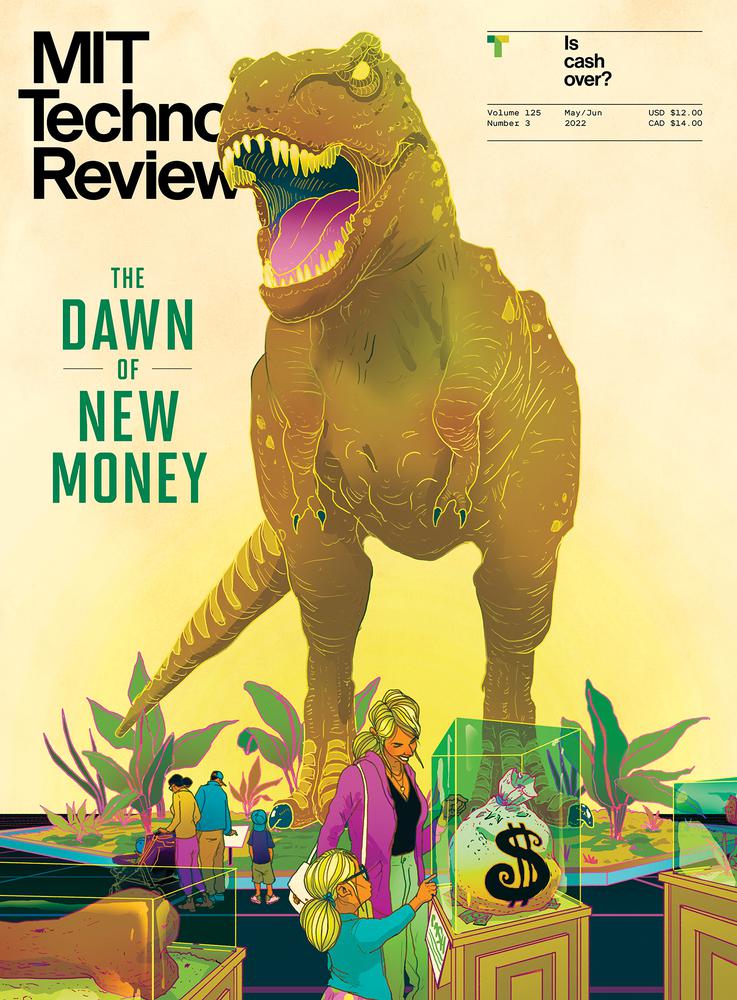Libertarian attempts to create autonomous mini-civilizations go back at least to the 1960s, but crypto is reinvigorating this old dream with a fresh infusion of cash and hype.
Crypto enthusiasts have tried to construct their own utopias before.

Crypto enthusiasts have tried to construct their own utopias before, with lackluster results. Examples include the ill-fated MS Satoshi (named for pseudonymous Bitcoin creator Satoshi Nakamoto), a cruise ship that a group of libertarians bought to serve as a kind of floating business park before being forced to sell it less than six months later; the much-mocked Cryptoland, a failed $12 million bid for a Fiji island billed as a paradise for crypto enthusiasts; and Akon City, the R&B singer Akon’s $6 billion planned crypto-powered settlement, which is yet to start construction in Senegal.
These missteps haven’t stopped a wave of investors from making bold plans to build crypto-friendly communities in countries around the world. Their plans often involve setting up areas known as special economic zones. The basic premise is simple: carve out a quasi-independent jurisdiction with loose regulation, little government oversight, and minimal taxes, and let the free market do its thing. Evangelists highlight Singapore, Dubai, and Shenzhen as successful examples (labor rights abuses and inequality aside).
The reality is more complex. Because there are so many special economic zones (5,000 across 70 countries) and myriad contextual factors, it’s difficult to calculate their impact on a country’s economy, says Thibault Serlet, head of research at Adrianople, an advisory firm focusing on these zones. A 2015 Economist article noted that of the special economic zones established at that time, a few were highly successful, but many didn’t benefit the wider economy, while some had been abject failures. El Salvador’s ambitious plans promise to capitalize on a formula that has shown mixed results at best.
Bukele first pitched Bitcoin as a means for Salvadorans abroad to send remittances to family members at home—saying it would save citizens $400 million in fees every year and give the unbanked a way into the financial system. The nation, with a population of about 6.8 million, announced last year that Bitcoin would henceforth be accepted as legal tender.
Adoption among the general population has been slow, but as a marketing exercise to entice the global crypto elite, Bukele’s pitch has proved more successful. Bitcoin City is integral to that pitch. Drawn by Bukele’s bold pronouncements, a parade of aspiring crypto city planners have begun fraternizing with the Salvadoran government.









